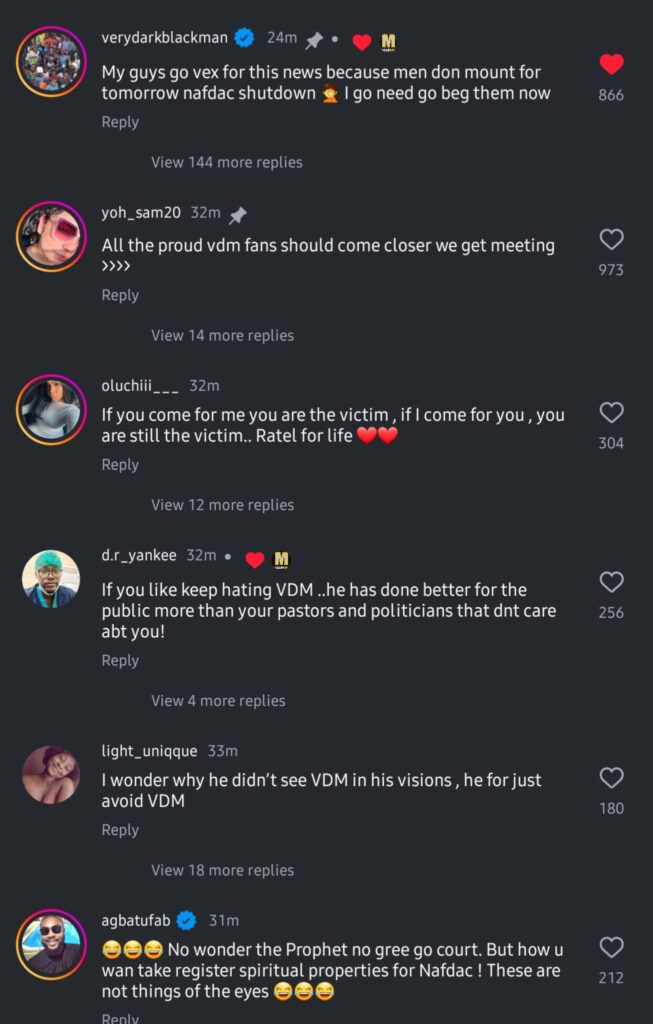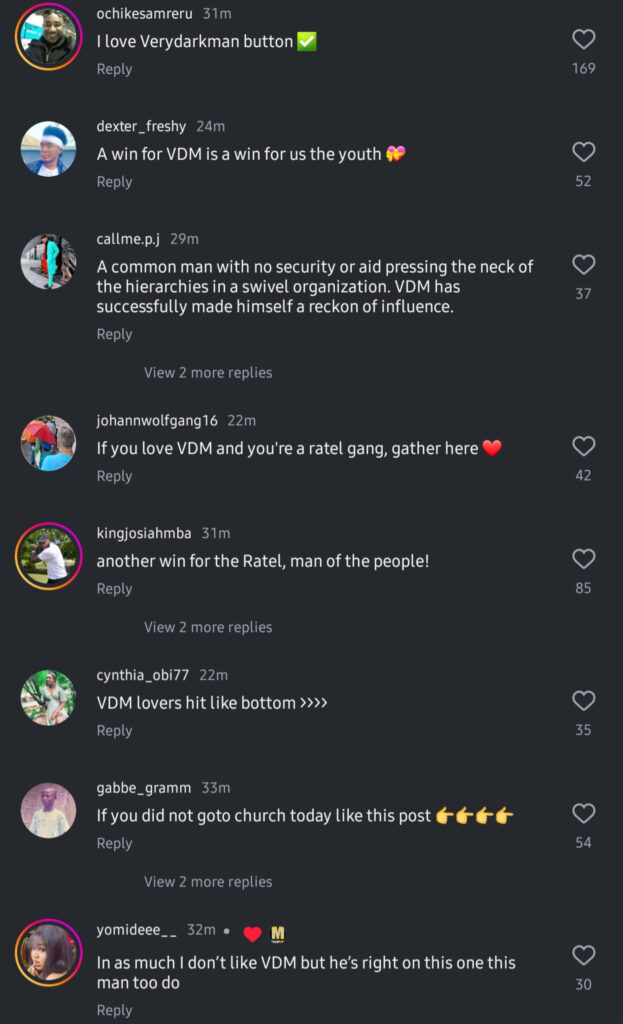The National Agency for Food and Drug Administration and Control (NAFDAC) has raised the alarm regarding the activities of Christ Mercy Land Delivery Ministries, led by Prophet Jeremiah Omoto Fufeyin, for allegedly deceiving the public with unregistered miracle products.

In a statement released on Sunday by NAFDAC’s Director General, Prof. Mojisola Adeyeye, the agency confirmed that none of the products sold by the ministry, including “Miracle Water” and “Miracle Soap,” have been registered or approved by the regulatory body.

According to NAFDAC, several concerned citizens have filed petitions, expressing concern over the faith-based organization’s claims about the healing powers of its products. These products, marketed as capable of healing barrenness and providing other miracles, were being advertised with the assertion that they were approved by NAFDAC. Prophet Jeremiah claimed that his “Miracle Soap” could help women conceive twins, further attracting public attention.
NAFDAC clarified that none of the products, including Miracle & Healing Water, River Jordan Water, Miracle Water from The Pool of Bethsaida, and Father Smelled Perfume, are registered with the agency. This public deception has led people to inquire with NAFDAC directly, prompting the agency to begin an investigation into the claims.
Prof. Adeyeye also stated that NAFDAC is committed to protecting Nigerians from fraudulent products and emphasized the importance of verifying any health-related claims made by religious or spiritual organizations. The agency is currently investigating Christ Mercy Land Delivery Ministries and advises the public to be cautious about the use of unverified miracle products, as they may pose significant health risks.
As the investigation continues, NAFDAC has urged Nigerians to avoid falling victim to unregistered and unproven miracle products, stressing the importance of adhering to proper health and safety guidelines.
This development has sparked widespread reactions, with many questioning the ethics of such faith-based organizations using spiritual claims to promote unverified products.
Reactions


The case serves as a reminder of the need for stricter regulations on products marketed with medical or health-related claims, even from religious entities.














